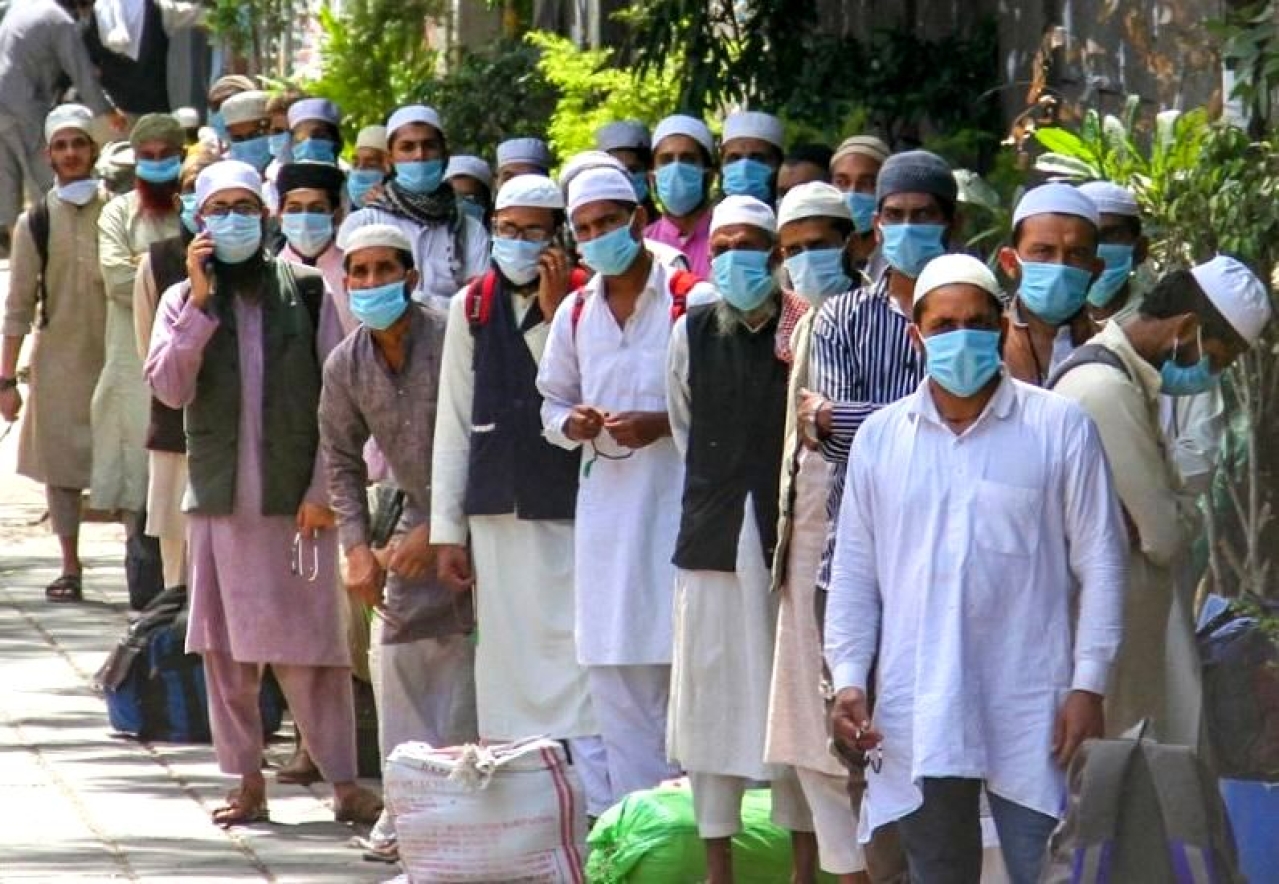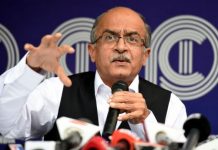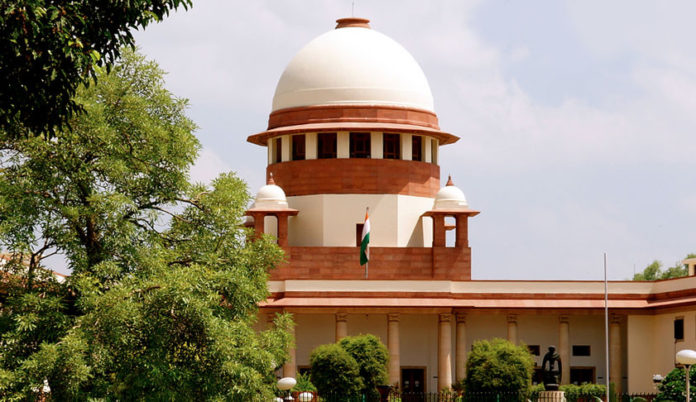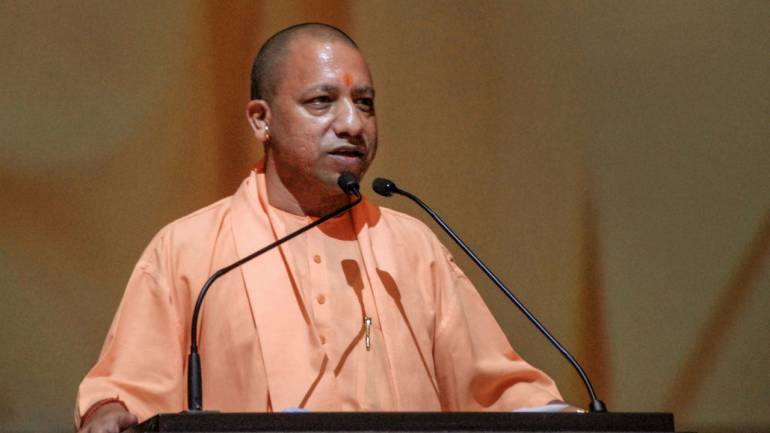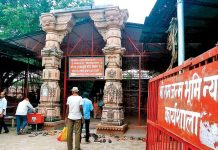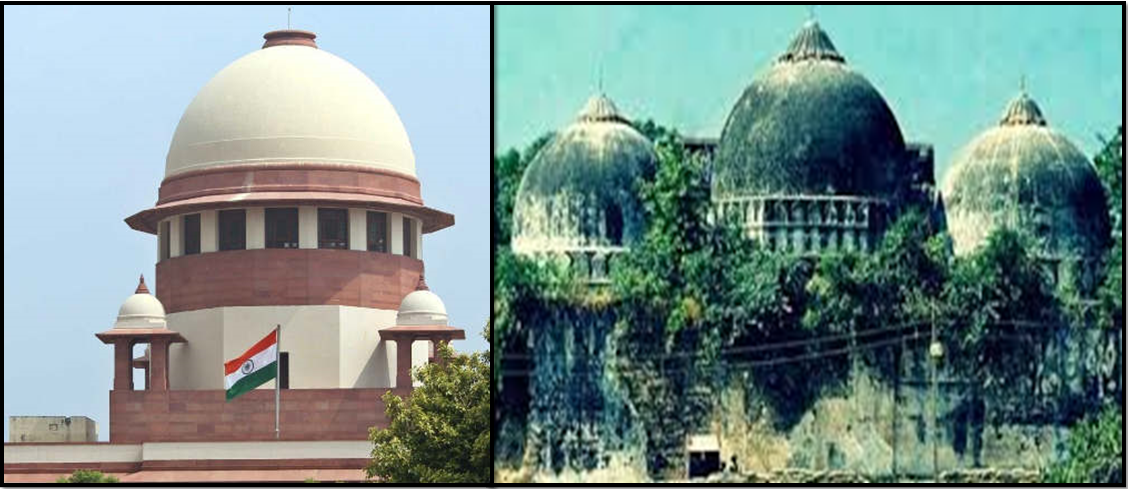
The Supreme Court has asked parties representing Hindus and Muslims to conclude arguments by October 17.The Supreme Court will most likely deliver final verdict in Ayodhya case by November 17.
In the latest update in Ayodhya dispute, the Supreme Court has asked for all arguments in the land dispute case to be concluded by October 17.
Meanwhile, as the case hearing enters its final week and reaches conclusion, the Ayodhya administration has tightened security and imposed Section 144 in the region till December 10,
Posting a copy of the latest order on his Twitter account, District Magistrate Anuj K Jha wrote: “The order has been issued considering safety and security of Ayodhya and those visiting here…”
Under the latest order, the use of unmanned aerial vehicles is prohibited in the area without permission. It also bars boating in the district, and the sale and manufacture of fire crackers.It states that shops and godowns can stay open, with permission, only in specific areas identified by the district administration. The order has been sent to all senior officials of the district.
Due to the imposition, the Ayodhya district administration have also denied permission to the Vishwa Hindu Parishad (VHP) to light diyas (earthen lamps) at the disputed Ram Janambhoomi-Babri Masjid site on Diwali. The VHP, however, criticised the order and wants to refute the ban.
Hearings resumed on Monday after the week-long Dusshehra break, and the judgment is expected before the Chief Justice of India retires on November 17.
Meanwhile, the Muslim parties that closed their arguments on Monday and their counsel Rajeev Dhavan objected to the court why all questions were directed at him and not the other stakeholders.
“I have noticed something very interesting during this hearing. All your questions have been directed towards me and not them. Perhaps your Lordships could have asked them some questions too,” said Rajeev Dhavan in the apex court on the 38th day of the day-to-day hearing of the Ram Janmabhoomi-Babri Masjid case.
The process of hearing started as the day-to-day proceedings on August 6 after mediation proceedings had failed to find an amicable solution to the vexatious dispute.
The bench that is headed by the CJI also comprises Justices S A Bobde, D Y Chandrachud, Ashok Bhushan and S Abdul Nazeer in hearing appeals against the September 30, 2010, verdict of the Allahabad High Court.
The High Court had divided the disputed 2.77 acres of land, including the spot where the Babri Masjid stood until December 6, 1992, and the area around it, equally among the Nirmohi Akhara, the Sunni Central Wakf Board, UP, and Ramlalla Virajman.
But the process of arriving at a negotiated settlement to the dispute via a parallel mediation process could not reach its conclusion when Ramlalla Virajman said no to further mediation. Days later, the side arguing for the mosque also turned down an invitation by the Supreme Court-appointed mediators.

